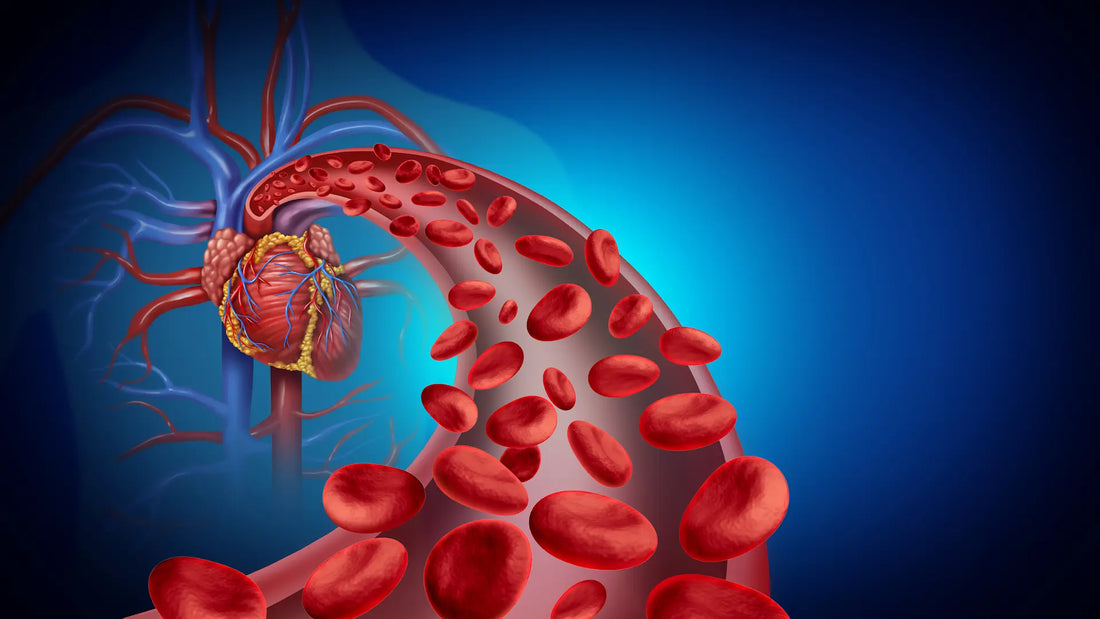
Ozempic and Wegovy are prescription medications that are said to directly target gut hormones involved in appetite and blood sugar. Berberine, a natural compound, takes an indirect approach, activating an enzyme that influences metabolism and glucose uptake.
The History
History of Ozempic- 2012: Semaglutide, the active ingredient in both Wegovy and Ozempic, was developed by Novo Nordisk.
- 2017: Ozempic (semaglutide for diabetes) was approved by the FDA.
- 2021: Wegovy (semaglutide for weight management) was approved by the FDA.
The FDA approved Ozempic based on evidence from 7 clinical trials of 4087 patients with type 2 diabetes mellitus (T2DM). The trials were conducted at 536 sites in 33 countries. The treatment duration varied from 30 to 56 weeks in the majority of the trials. (1, 2)
A Follow-up Study in 2022 Showed Reversal of Benefits
This study measured the effects after withdrawal of semaglutide, and showed that 2/3 of the weight loss was regained.
Cardiometabolic improvements seen from week 0 to week 68 with semaglutide reverted back towards baseline at week 120 for most variables.
History of Berberine
- 1986: Research on Berberine's potential in managing diabetes mellitus was first reported.
- 2000s: A systematic review of 14 randomized control trials showed Berberine's effectiveness for treating high blood glucose and cholesterol, in T2DM patients. (3)
- 2010s: A meta analysis of numerous studies highlighted Berberine as a novel cholesterol-lowering agent. (4)
- Present Day: Ongoing research continues to explore Berberine's effects on insulin resistance, lipid profiles, and its potential role in addressing metabolic syndrome.
How They Work
Ozempic is a popular prescription medication with the active ingredient semaglutide, which is a synthetic version of hormone naturally present in the body. This drug requries weekly injections, and is intended to be used for the treatment of diabetes.
Ozempic: It mimics a naturally occurring hormone, which in effect tells your brain that you're full, while causing a delay in gastric emptying, or the movement of food in your stomach.
Berberine, on the other hand, is a natural compound with a diverse range of studied health benefits, and it’s been used in traditional Chinese Medicine for more than 2000 years. It's well-known for its impact on metabolic health, diabetes, and gastrointestinal issues. (5)
Berberine: A natural metabolic regulator that activates an enzyme, influencing how your cells use glucose, potentially impacting weight and blood sugar.
How Berberine Impacts Metabolic Health
Research shows that Berberine activates AMPK while improving insulin sensitivity. AMPK is an energy sensor within your cells and when it’s activated, it triggers numerous processes to help regulate energy balance. Berberine has been shown to improve insulin sensitivity, which means your body needs less insulin to achieve the same blood sugar control. It’s also been shown to lower blood glucose levels by slowing down the absorption of sugar. (6)
Berberine's Recent Research Highlights
In a clinical trial involving 218 individuals with T2DM, Berberine was as effective as the antidiabetic medication, Metformin, in controlling blood sugar after a 3-month period, while reducing body weight as effectively as Metformin.†
A meta-analysis of 46 clinical trials found that Berberine, both as a standalone treatment and as an add-on therapy with standard medication, significantly improved metabolic profiles in individuals with T2DM.
“Our findings suggested that Berberine, used along or combined with antidiabetic agents, significantly improved glucose and lipid metabolisms along with inflammation markers.”
In a meta-analysis of 12 studies, Berberine treatment was found to have significant effects on various measurements, such as: a decrease in body weight, lower body mass index (BMI), a decrease in waist circumference and lower concentrations of C-reactive protein, a marker of inflammation.†
Important to Note:
Researchers have found that Berberine can positively impact the regulation of insulin, without causing low blood sugar levels or hypoglycemia. This is because Berberine specifically works when blood sugar levels are high. (7)
For more information, checkout our summary of studies on Berberine for metabolic health here.
† These statements have not been evaluated by the FDA. These products are not intended to diagnose, treat, cure, or prevent any disease.
Berberine Bioavailability
The bioavailability of Berberine is less than 1%. (8) This is because Berberine is poorly soluble in water and is easily broken down by stomach acid.

20% Off Liposomal Berberine
Use code: BB2024 at checkout

Trans-Resveratrol and NMN Question
USER-SUBMITTED POST
David Sinclair states that trans-resverartol is the the gas for the NMN, which is the automobile. True statement? Is it a transporter? I heard that there are better substances out there, because the body absorbs them better.
READ MOREStudy: NAD+ Precursors Reverse Diabetic Neuropathy in Mice
RESEARCH
A recent study in The International Journal of Molecular Sciences explored the potential of NMN and NR in treating diabetic peripheral neuropathy.
Key Findings:
- NR and NMN were EQUALLY effective in reversing diabetic peripheral neuropathy.
- The benefits were dependent on activation of SIRT1.






